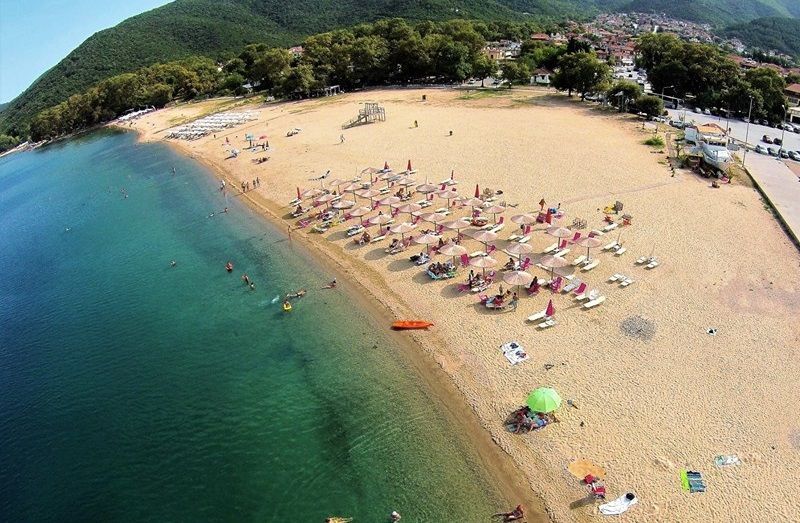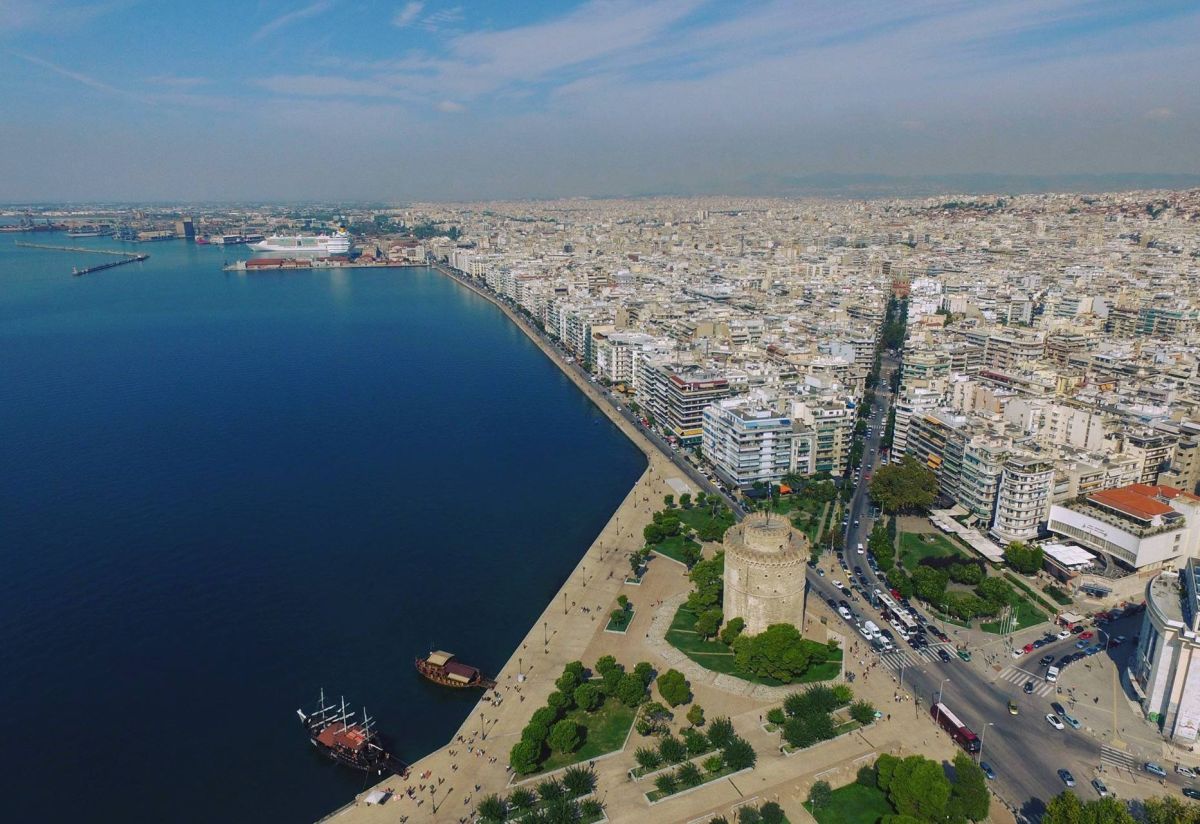Northern Greece Hoteliers Say March Pre-bookings to Set Pace for 2019
Last year may have been a golden opportunity for Greek tourism, which broke all records, but Northern Greece hoteliers are cautious when making forecasts for 2019 in view of Brexit, the comeback of rival markets, the lack of a spatial planning framework for tourism, and “heavy” taxation.
“We expect to have a clear indication after March,” said Hellenic Hoteliers Federation (POX) President Grigoris Tasios in an interview to Northern Greece news site voria.gr, adding that 2019 will not be a “piece of cake”.
“Competition in the wider region is back. Germany is expected to be our main market, with the UK still dubious, despite the fact that Brexit does not appear to have affected travel to the EU,” said Tasios, who is also at the helm of the Halkidiki Tourism Organization (HTO).
According to Tasios, tourism in 2018 to Northern Greece destinations performed well with a steady number of arrivals but reduced tourism-related revenue, which, he says, is due in part to the rise of home-sharing practices.
He went on to note that besides the region’s two main airports in Thessaloniki and Kavala, for the first time last year, Ioannina airport also saw a rise in the number of international arrivals from Israel, Cyprus and Scandinavian countries.
In terms of city tourism, Tasios notes a 15 percent decrease in the number of Turkish tourists to Thessaloniki, Kavala and Ioannina, and a further 30 percent in Alexandroupolis. On the upside, Thessaloniki and Ioannina saw the number of Israeli visitors rise by 200 percent.
With regards to figures, Thessaloniki’s main markets last year were Israel, the US, Germany, the UK, France, the Netherlands and Cyprus, while the number of Greek visitors also increased.
In order to ensure a steady rate of incoming tourism as well as the expected revenues, it is vital that infrastructure be put in place, taxation on hoteliers be eased, spatial planning regulations for tourism be implemented in order to facilitate sustainable investment projects, and the Airbnb phenomenon be addressed, Tasios said.
“Equally important are investments that require a supportive environment, but unfortunately there is still no spatial planning framework. Furthermore, we are seeing large tour operators investing in hotels to gain control over prices, but at the same time, any medium-sized hotel investment is not being supported,” he concluded.







